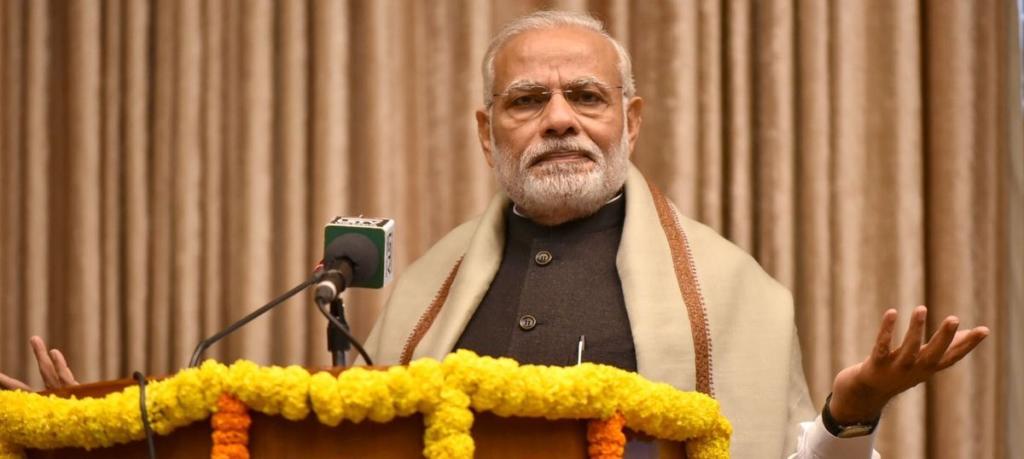The government has ruled out any intervention in the crisis ridden Jet Airways. The low cost airline holds more than 15 percent of market shares in civil aviation and therefore many experts expected the government to help out the company. However, the Modi government is firm that the businesses should work on market principals and if a company is not able to make profits, it should exit from the business. The era of spoon feeding the private companies in the name ‘strategic importance’ is over. Now if a company is not able repay its dues, the management will be transferred to the lender and the company will be on his/her mercy.
“The ministry should not be dealing in any commercial transactions of any kind. Same thing I did for railways or for anywhere else. The issue is between banks and the management,” said the civil aviation minister Suresh Prabhu. The lender led by State Bank of India got a debt resolution plan approved by the board of Jet Airways. The management approved by lenders will look after the company. Previously Vijay Mallya, the fugitive economic offender has accused the public sector banks under NDA government have “double standards” because they did not take over Mallya led Kingfisher Airlines and allowed it to “fail ruthlessly”.
However, Prabhu said that it is completely bank’s call and the government has not intervened in any commercial matter. All that the civil aviation ministry is concerned is about the ‘safety’ of passengers and it has asked the new management to allot financial resources for the safety related matters. “What role have we got? That is exactly the point. That is what Jet Airways was trying to come with us. We said we will not play any role into this,” saidPrabhu. “Safety is ensured because we are telling banks that if you are taking over as management, then ensure that the safety is assured, and give enough funds for the safety,” he added.
Before Modi government came to power, India has not been able to transform itself in a truly capitalistic economy. The Congress government has become habitual of intervening in matters of independent public and private sector companies. The government used to put good money of taxpayers in the debt ridden public and private sector companies in order to rescue them. The socialistic ideals of Nehru era provides framework for entry of a company but the ‘exit’ is not allowed. The false ideals like ‘welfare of workers’ gave the government space to rescue the private sector companies. The ‘write offs’ and waivers were very common during UPA era.
India had ‘socialism without entry’ before economic liberalization in the early 1990s. This had a negative impact on the economy and gave ‘Hindu rate of growth’ to the country. The problem was solved in the early 1990s as the country moved towards a capitalist economy with the advent of economic liberalization. However, the larger framework of the political economy of the country remained ‘capitalism without exit’. The lack of a proper framework for insolvency amassed huge Non-Performing Assets (NPAs) which hampered the health of the banking sector as well as the growth of the economy. Modi government brought path-breaking policy as an Insolvency and bankruptcy Code (IBC) to solve capitalism without exit problem.
